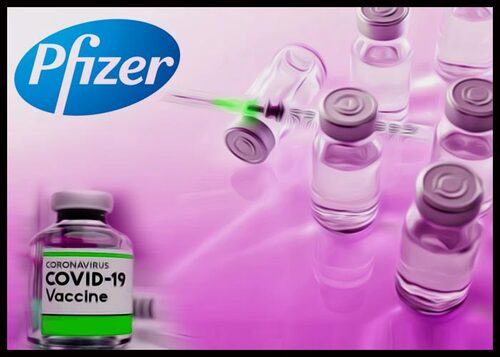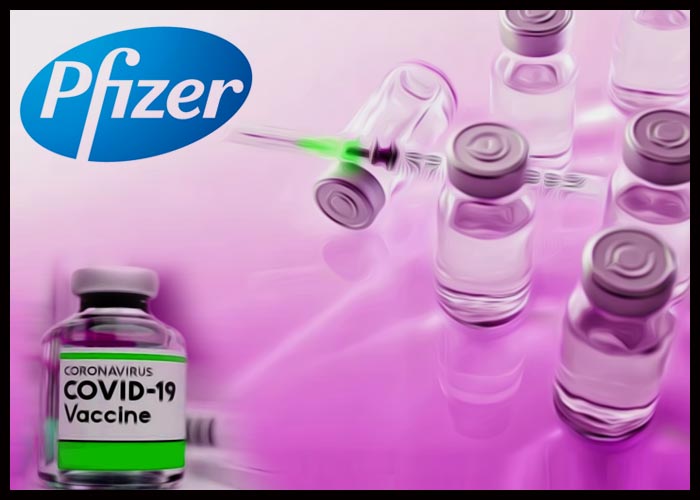Pernicious Anemia – Caused by Vitamin B12 Deficiency
There are many articles found on the Internet regarding the importance of vitamin b12. Articles on the affects of vitamin b12 deficiency are even more readily found. I’ve compiled a few of the articles I’ve found while searching Google for "vitamin b12 deficiency." Some of these articles are listed below.
During my search, I’ve yet to find an article that says vitamin b12 is not an important vitamin. All of the articles I’ve read during my searches have stated the seriousness of a deficiency of vitamin b12. Before we get into the articles lets take a look at some of the vitamin b12 deficiency symptoms.
Vitamin B12 deficiency symptoms, like those of many other treatable health conditions, can be virtually identical to age dementia symptoms, senile dementia symptoms and Alzheimer symptoms. As many as 20% of people over age 65 have low Vitamin B12 levels. Correcting the deficiency can help older people resume a full and normal lives.
Vitamin B12 deficiency symptoms include:
- Loss of appetite
- Diarrhea
- Numbness and tingling of hands and feet
- Paleness
- Shortness of breath
- Fatigue
- Weakness
- Sore mouth and tongue
-
- Confusion or change in mental status in severe or advanced cases. This is sometimes confused with dementia. More importantly, even a moderate deficiency of this important vitamin and its counterpart, folic acid, may ultimate contribute to the onset of Alzheimer disease or other related dementia.
The absorption of dietary vitamin B12 occurs in the small intestine and requires a secretion from the stomach known as intrinsic factor. If intrinsic factor is deficient, absorption of vitamin B12 is severely diminished. Vitamin B12 deficiency impairs the body’s ability to make blood, accelerates blood cell destruction, and damages the nervous system. The result is pernicious anemia (PA).[1]
Pernicious anemia (per-NISH-us uh-NEE-me-uh) is a condition in which the body does not make enough red blood cells due to a lack of vitamin B12 in the body. It usually occurs in people whose bodies have lost the ability to absorb vitamin B12 from food.[2]
Low stomach acid, known as hypochlorhydria, interferes with the absorption of B12 from food but not from supplements. Aging is associated with a decrease in the normal secretion of stomach acid. As a result, some older people with normal levels of intrinsic factor and with no clear cause for malabsorption will become vitamin B12-deficient unless they take at least a few micrograms per day of vitamin B12 from supplements.
From U.S. Army Health Clinic, Darmstadt, Germany.
Vitamin B12 (cobalamin) deficiency is a common cause of macrocytic anemia and has been implicated in a spectrum of neuropsychiatric disorders. The role of B12 deficiency in hyperhomocysteinemia and the promotion of atherosclerosis is only now being explored. Diagnosis of vitamin B12 deficiency is typically based on measurement of serum vitamin B12 levels; however, about 50 percent of patients with subclinical disease have normal B12 levels. A more sensitive method of screening for vitamin B12 deficiency is measurement of serum methylmalonic acid and homocysteine levels, which are increased early in vitamin B12 deficiency. Use of the Schilling test for detection of pernicious anemia has been supplanted for the most part by serologic testing for parietal cell and intrinsic factor antibodies. Contrary to prevailing medical practice, studies show that supplementation with oral vitamin B12 is a safe and effective treatment for the B12 deficiency state. Even when intrinsic factor is not present to aid in the absorption of vitamin B12 (pernicious anemia) or in other diseases that affect the usual absorption sites in the terminal ileum, oral therapy remains effective.[3]
From the Department of Internal Medicine, New York University School of Medicine.
Recent evidence suggests that vitamin B12 deficiency in the elderly is more than classic pernicious anemia. Instead, it is a continuum from negative B12 balance to frank deficiency, which can be detected by low serum B12 levels long before changes occur in hemoglobin levels. Current findings in the literature suggest that subtle B12 deficiency is indeed clinically significant. Treatment may prevent significant neurologic and/or hematologic disease.[4]
From the University of Illinois College of Medicine, Peoria.
Low serum vitamin B12 levels are not uncommon in the elderly. Patients with vitamin B12 deficiency manifest a spectrum of clinical findings. Pernicious anemia and malabsorption syndrome are the usual causes of vitamin B12 deficiency. Pernicious anemia is confirmed by the presence of intrinsic factor blocking antibody or abnormal results on the Schilling test. Patients with neuropsychiatric symptoms of vitamin B12 deficiency may have a normal Schilling test and no evidence of macrocytic anemia. In such patients, vitamin B12 deficiency is confirmed by determining serum levels of homocysteine and methylmalonic acid.[5]
From all of my research, pernicious anemia is usually easy to treat with vitamin B12 supplements or shots, although some people develop permanent nerve damage before they find out they have the disease and get treatment. Since pernicious anemia does increase the risk of developing stomach cancer, doctors may do periodic cancer tests to check for it. Overall, however, people with pernicious anemia who get proper lifelong treatment can have a normal life span.
I’m not a doctor or even a healthcare professional, but I am a thinker and I do a lot of research. Because of my age, I’m trying to prevent issues that may arise as a result of the aging process. With that in mind, I’ve taken the initiative to research pernicious anemia, a fairly common condition in the aging process.
If you or someone you know is affected by this condition, spend some time doing the research on your own. There are many b12 supplements, but not many have the same patented delivery system as TriVita’s® Sublingual Vitamin B12, a safe and effective means of getting vitamin b12 into your body. You can learn more about Vitamin B12 Deficiency by clicking on the previous link.
REFERENCES:
[1] https://www.publix.com/wellness/notes/Display.do?id=Concern&childId=Vitamin_B12_Deficiency
[2] https://www.medicinenet.com/pernicious_anemia/article.htm
[3] PMID: 12643357 [PubMed – indexed for MEDLINE], https://www.ncbi.nlm.nih.gov/pubmed/12643357?ordinalpos=1&itool=EntrezSystem2.PEntrez.Pubmed.Pubmed_ResultsPanel.Pubmed_DiscoveryPanel.Pubmed_Discovery_RA&linkpos=2&log$=relatedreviews&logdbfrom=pubmed
[4] PMID: 2680773 [PubMed – indexed for MEDLINE], https://www.ncbi.nlm.nih.gov/pubmed/2680773?ordinalpos=16&itool=EntrezSystem2.PEntrez.Pubmed.Pubmed_ResultsPanel.Pubmed_DefaultReportPanel.Pubmed_RVDocSum
[5]PMID: 2278533 [PubMed – indexed for MEDLINE], https://www.ncbi.nlm.nih.gov/pubmed/2278533?ordinalpos=2&itool=EntrezSystem2.PEntrez.Pubmed.Pubmed_ResultsPanel.Pubmed_DefaultReportPanel.Pubmed_RVDocSum
pernicious anemia
After further review and research, vitamin b12 is an important nutrient to help in the prevention of several diseases.
Pernicious anemia is a decrease in red blood cells that occurs when the body cannot properly absorb vitamin B12 from the gastrointestinal tract. Vitamin B12 is necessary for the formation of red blood cells.
Pernicious anemia is caused by a lack of intrinsic factor. Intrinsic factor is a protein produced by the stomach that helps the body absorb vitamin B12. When stomach does not have enough intrinsic factor, it cannot properly absorb the vitamin. Nerve and blood cells need vitamin B12 to function properly.
Jeffrey Sloe




